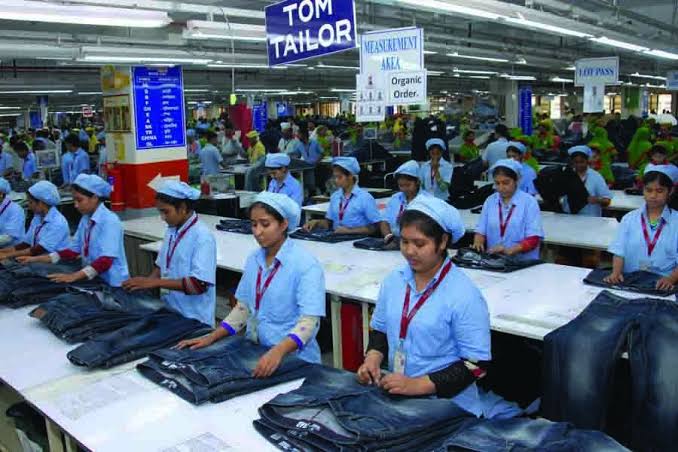SAMI
Published:2020-02-29 17:14:14 BdST
Foreign investors ‘face discrimination’ in EPZs
FT ONLINE
Foreign investors in the apparel sector allege that they are facing discrimination because cash incentives are not appropriately distributed among local and foreign investors in the Export Processing Zones (EPZs).
Earlier on October 10, 2019, the government decided to give 1 percent cash incentive to all local apparel factories.
Moreover, apparel factories outside the EPZs already get a 4 percent cash incentive for new markets and new products, 4 percent for using local fabrics, 4 percent for SMEs and an additional 2 percent for EU markets.
The foreign investors made the allegation in a letter sent recently to the finance minister, the commerce minister and the principal secretary of the Prime Minister's Office.
Representatives of 39 foreign factories signed the letter, copies of which were also sent to the investor countries' mission heads in Dhaka, and to the Bangladesh Export Processing Zones Authority (Bepza) executive chairman.
In the letter, the foreign investors said that the government should give fair and equitable treatment to foreign private investors, and they should enjoy full protection and security in Bangladesh as per the Foreign Private Investment Act 1980.
However, leaders in the apparel sector said they do not agree with the decision to give cash incentives to EPZ factories.
Mohammad Hatem, first vice president of the Bangladesh Knitwear Manufacturers and Exporters Association (BKMEA), said factories that are in the EPZ are not equal to those outside.
Factories in the EPZs should not get any cash incentive, he said.
"When the government allows 1 percent cash incentive for local factories inside the EPZs, it is discriminating against other factories located in the zones," Hatem added.
The BKMEA first vice president added that even if the government allows cash incentives for all factories in EPZs, it will be discriminatory for factories that are outside, as factories inside the export processing zones are already getting special facilities.
Rubana Huq, president of the Bangladesh Garment Manufacturers and Exporters Association (BGMEA), said they have recommended incentives for Type B factories since they are joint ventures.
"But we have not recommended incentives for Type A factories yet," she said. Type A factories are fully owned by foreign investors.
Representatives of the foreign investors in the apparel sector held a meeting with the finance minister and the Bepza executive chairman recently.
After the meeting, Bepza Executive Chairman Major General SM Salahuddin Islam said; they discussed the cash incentive issue with Finance Minister AHM Mustafa Kamal.
"The minister has assured us he will discuss the issue with the prime minister," he said, adding that two types of rules are not expected in a country.
"We hope to get a positive response; otherwise foreign investors will lose interest in investing further," Salahuddin said.
However, Type A and Type B apparel factories inside the EPZs are not getting the cash incentive that Type C factories – fully owned by local investors – are getting.
Preferring anonymity, a foreign factory representative said, "We demand equal treatment like locally owned factories get, otherwise foreign factories will lose their competitiveness."
The letter also mentioned that the investment size of foreign companies in the Export Processing Zones is about $2.09 billion.
They also create employment opportunities for about 4 lakh people, which is about 79 percent of total employment in EPZs, the letter added.
Type A factories make up 70 percent of the factories in EPZs.
Unauthorized use or reproduction of The Finance Today content for commercial purposes is strictly prohibited.


